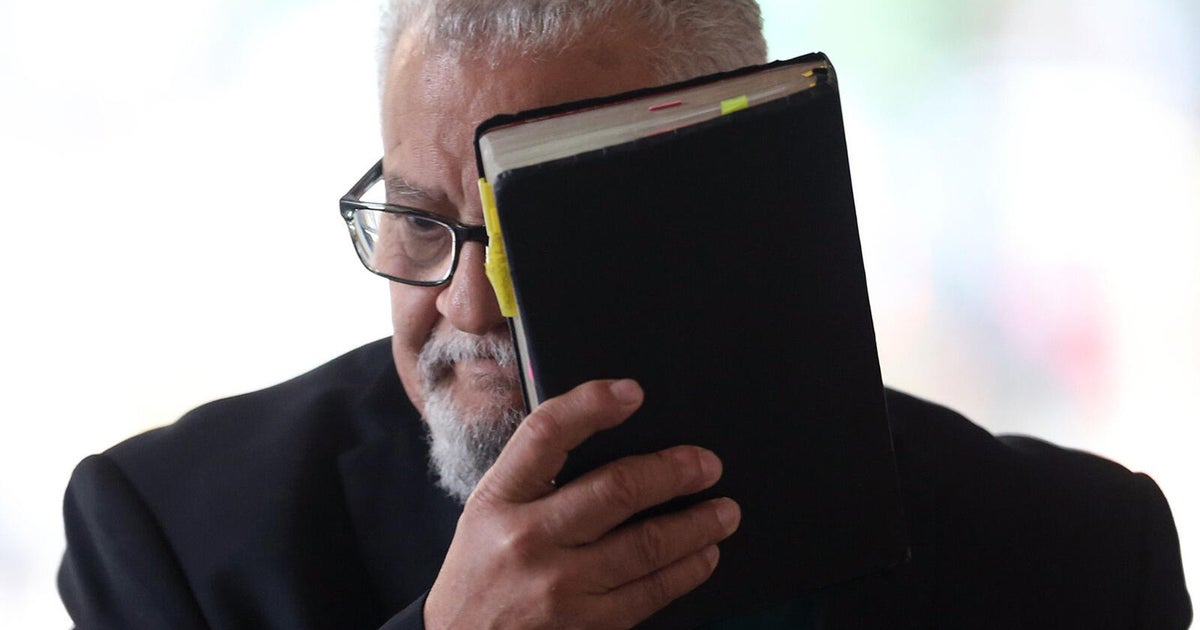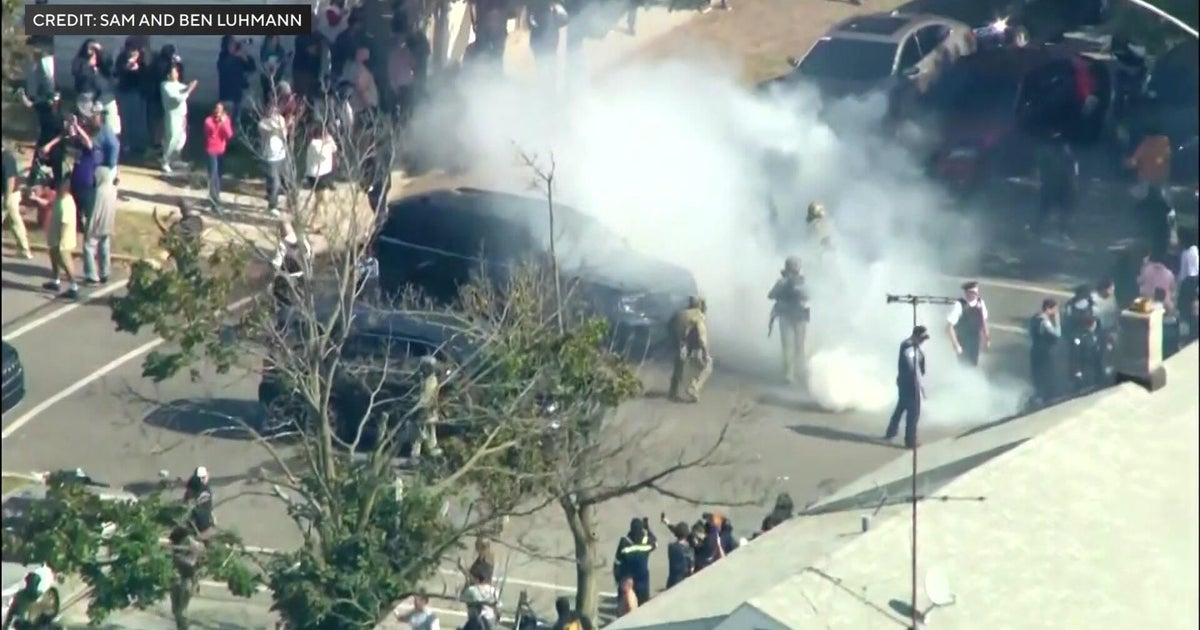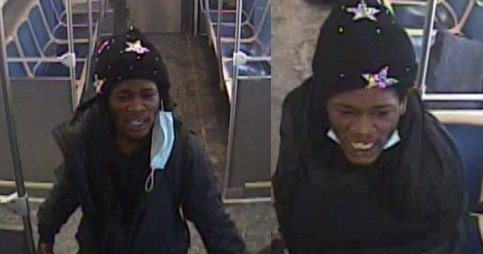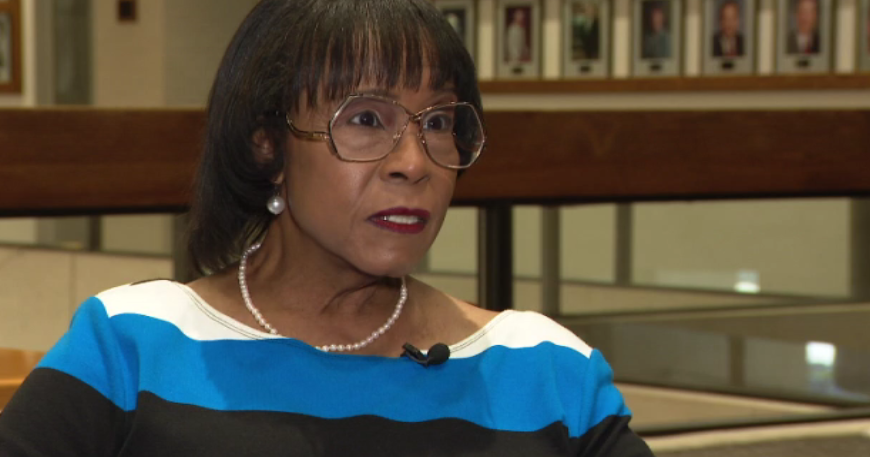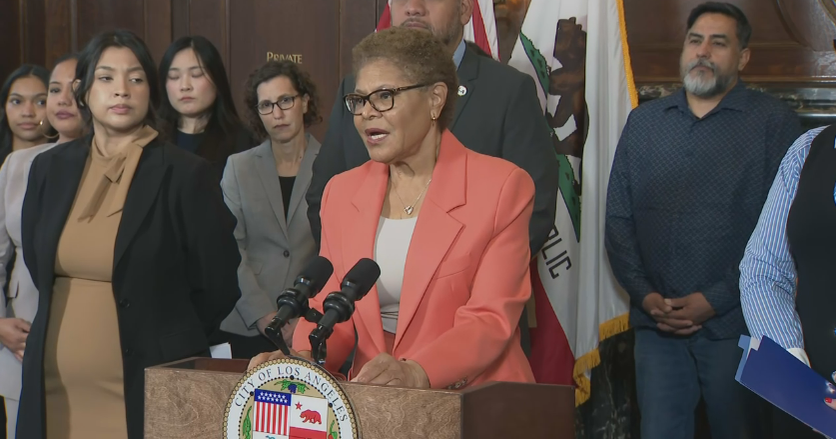Mayor Brandon Johnson unveils transition report outlining recommendations for city's future
CHICAGO (CBS) -- Members of Mayor Brandon Johnson's 11 transition committees spent about two months looking at everything from transportation to human rights and labor.
"This assembly is about the transformation of the greatest city in the world; the city of Chicago," Johnson said as the committees' final transition report was released on Thursday.
Nearly 400 people from diverse backgrounds served on his 11 transition committees, issuing a series of recommendations for his administration in a 223-page report titled "Building Bridges and Growing the Soul of Chicago. A Blueprint for Creating a More Just and Vibrant City for All."
"The Soul of Chicago" has been a common theme for Johnson since his election.
"I'm very optimistic about this city at this moment, when there are a lot of challenges and very disconcerting things happening in our country," said transition committee co-chair Barbara Ransby, a professor of Black Studies at University of Illinois at Chicago. "People have come together to really push for a progressive agenda, and to give and to animate Brandon Johnson's campaign commitments around housing, around homelessness, around LGBTQ issues."
Ransby and other members of the transition committees stood behind the mayor as he highlighted their recommendations on Thursday. Johnson said the blueprint represents the platform of his campaign.
"But it's also a representation of how we will govern. It represents democracy, where everyone literally has a seat at the table, no matter your community, how rich or how poor you are," Johnson said.
The report looks at ways to improve a variety of things in the city; from education and immigration to transportation and housing.
Its number one goal when it comes to housing is to "Provide all those who are unhoused with services of their choice and safe, quality, accessible, affordable housing."
The report also takes a look at issues like public safety, arts and culture, and more.
Roberto Requejo, executive director of Elevated Chicago, the non-profit dedicated to developing spaces around public transit, co-chaired the transportation committee for the transition team, and saw a great need when it came to accessibility for the disabled on public transit.
"We want 100% of CTA stations to be accessible for people with disabilities," he said.
Requejo said safety on public transit was also part of the discussions with his committee, with a large-scale safety summit to be held in the future.
"Bringing the private sector, the public sector, the civic sector, engaging the transit authority with community-based organizations; finding what's working out there, and what will work in Chicago in each of the neighborhoods that we need to make safer," he said.
When it comes to crime in Chicago, David Greising, president of the Better Government Association, said the report isn't offering any clear-cut solutions.
"We have an interim police chief. We're waiting to see who the finalists are for a superintendent, and what that selection will be. So in a sense, it's appropriate to say, 'Let the new police superintendent really take ownership of that,' but we're going to get all the way through this summer of 2023 without a real plan," Greising said.
Greising also said he was surprised about the report not offering concrete ways to tackle crime in the city right now, and focuses rather on long-term approaches to tackling the root causes of violent crime.
"We have yet to hear from this mayor any real tactics, holistically speaking, with regard to fighting the immediate and urgent problem of violent crime in this city," he said. "It's altogether appropriate to focus on the root causes over the longer term, but in the immediate timeframe, what is this mayor and what is this Chicago Police Department going to do?"
The report also includes a "breakout session" on a "Green New Deal for Water," regarding the city's problems with water bills, a topic the CBS 2 Investigators have been reporting on Chicagoans "Getting Hosed" by bogus bills.
Some of the comments in the report include "Lack of Trust," "How Dept. of Management is run," and "no clear path for getting bills rectified."
Another recommendation in the report is a proposal to lower the default citywide speed limit from 30 mph to 20 mph in general, and to 10 mph on residential streets. It's part of a proposal to make it safer for people to get around, and to promote options such as public transportation, walking, cycling, and other methods that don't require a car.
It's unclear how many of the committee's recommendations Johnson will support.
Greising said the report summarizes many of Johnson's campaign issues, but "it goes fairly light on the question of how to pay for many of the initiatives, and that's going to be a challenge for the mayor as we head into budget season."
Johnson declined to answer any questions about the committee's report. Only a select group of transition team members were provided to speak to the media.

